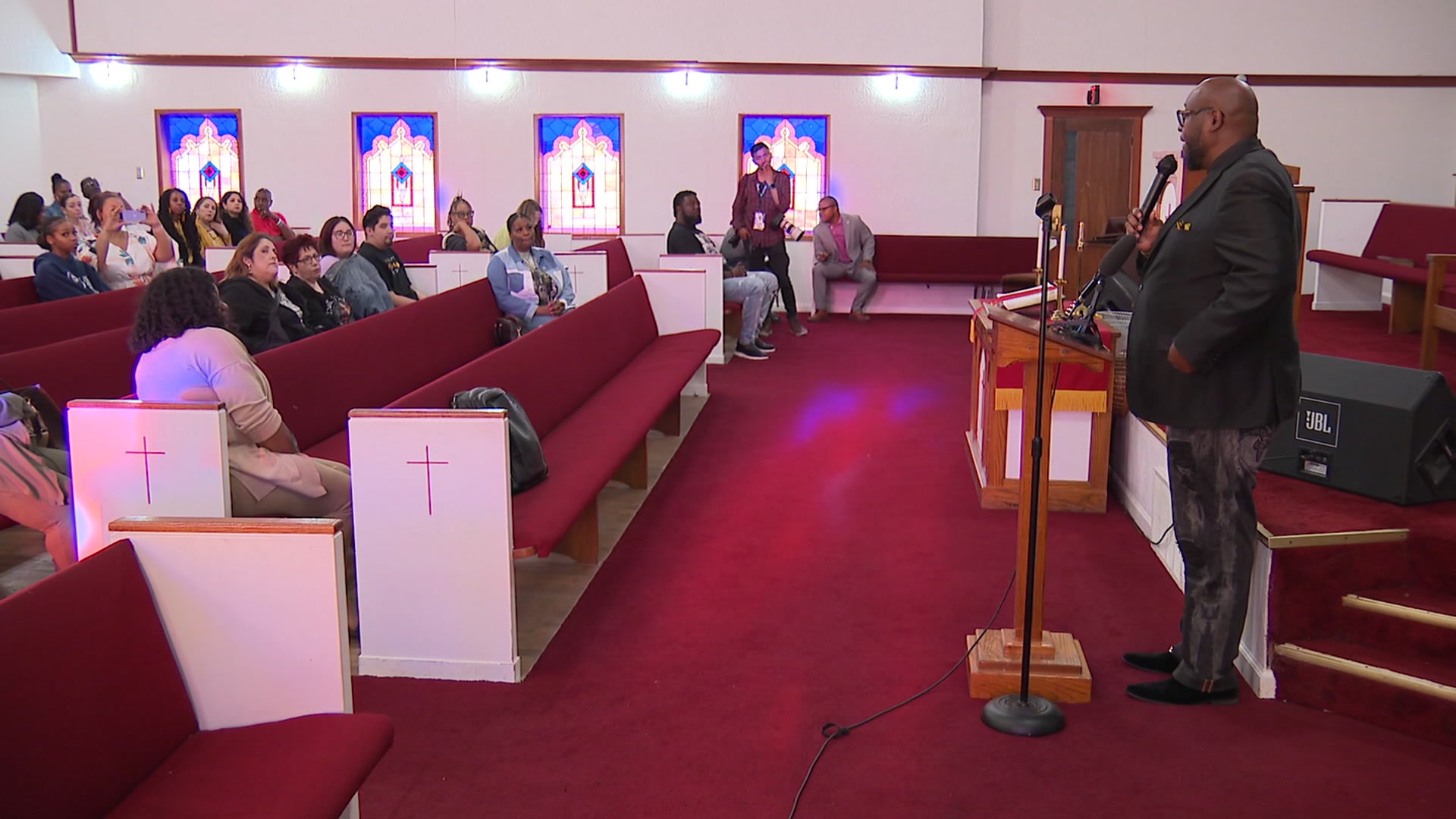We know the COVID-19 pandemic has had a big impact on education in North Texas. So NBC 5 is taking a look at pre-k. It's not required by the state and many families have chosen not to enroll their kids out of fear they might get sick.
Walking up the steps to "big kid school" is tough for little ones and their parents.
This year its harder.
There's no walking them into the classroom, checking out the space, even worse parents struggle to decide whether it's the right call to send their four-year-old into a busy school building, while a deadly virus spreads around the world.
Mother of three Maria Nava worried whether she was putting her son Joshua at risk and listening to family members who begged her to keep her kids home.
"It was no, they're too little, how are they going to be by themselves with the teacher at school, but I knew it was good for them." Nava recalled.
Nava grew up in Garland and went to preschool in the same district her children now attend.
"When I started school here I started as a bilingual student, I remember being in elementary being in a bilingual class getting to learn the language because my parents don't speak English," Nava said.
Local
The latest news from around North Texas.
It made a big difference in her life, learning to speak English, and in just the first few weeks of school, she's seeing the same in her son.
Her success story is a common one in Pre-K.
"They come in as babies, they come out as little adults, little young people and they're like Oh no I can do that, let me do that," said Disa McEwen , Principal of Parson's Pre-Kindergarten School.
She said the data proves pre-k clearly and completely helps kids succeed in kindergarten and first grade but still filling these classrooms is a struggle.
She said it always is tough but COVID-19 has made it worse. It's the same story across North Texas.
"We were about 37% down from the numbers we've previously seen," said Elena Hill, Assistant Superintendent for Early Childhood in Dallas ISD.
They employed scholarships and tuition assistance to help grow the numbers in their pre-k program.
In Garland ISD, they went even further.
"The requirements for this school year we have lifted them, it's pretty much a universal pre-k at this point," said Karina Trotter, Assistant Director of Student Services, Garland ISD.
Garland made a decision, last year, pre-covid to rapidly expand its pre-k offerings. It's on more than thirty campuses now. They unknowingly added seats in a year that parents just aren't sending their little ones to school.
"We're opening our doors up to anybody and everybody who's wanting to bring their 4-year-olds into our classrooms, we're welcoming them we want them to come and be able to take that opportunity," said Trotter.
The key to bringing them back across all districts has been technology.
Parents who are keeping their kids home are still signing up for virtual pre-k to help them educate their kids from home.... and it's helped lead them back to the classroom.
"When we began to offer face-to-face instruction we saw that number drop to 32% and now that we're ending October and rounding into November the number has dropped even further to 28% percent," said Hill.
Nava said she's been encouraging friends with kids to come and try it out.
"So far it's been the best thing we've ever done for him," she said. "I would do it all over again.



